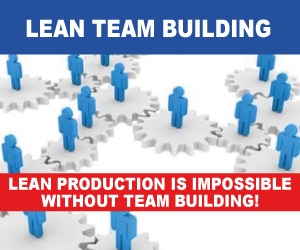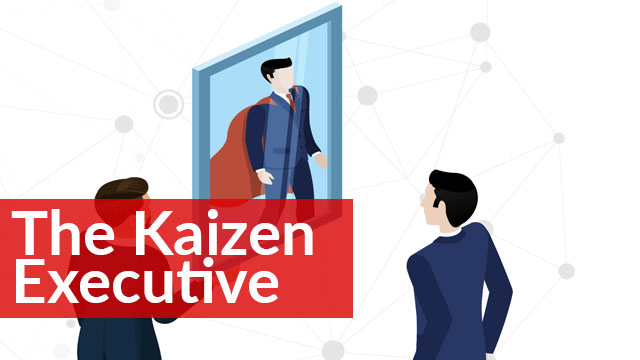If we study the various graphic representations of the Toyota Production System, Just in Time, TPM and WCM, it is possible to notice that in these models there is always the recall at the involvement of all the company people.
The neverending improving work is done to get rid from wastes and to improve the value aggregation in work activities and this is the daily focus of a company that follow the Lean Production paradigm. This work can be done efficiently and with a R.O.I. only if the problem solvings workshops are always done with a 360° vision and opennes attitude about the analyzed problems; this is the basic attitude that is required and it is necessary to develop in a lean team work.
Therefore, knowing how to create work teams which function correctly is essential to achieve the culture transformation and the promised results of the Lean Production model.
Often in the Lean Production implementation processes the Lean tools are taught and experimented, but how to form successful workgroups is almost never taught.
It is necessary to understand that the tools represent only 50% of a Lean Production cultural transformation, the other 50% is represented by the quantity and the quality of interactions between the people who participate in the Lean production implementation.
In my book “Team Building for Lean Production” I explain the dynamics of the workgroups development.
(You can receive the pdf of the first chapter free by completing the form here below.)
The scientific model of reference for the development of workgroups is the one developed by Bruce Tuckman and it is made up of 4 phases:
- Forming phase.
- Storming phase.
- Norming phase.
- Performing phase.
By being knowledgeable about these 4 phases, you will be able (by observing a workgroup at work) to identify the causes of workgroups success and diseases.
Many managers claim that the difficulty of implementing Lean Production is the “Resistance to Change”.
The Tuckman model makes clear that change is a process to be put in place following successives phases and it is therefore useless to speak about "resistance to change", we must instead speak about the management capability to understand and manage the workgroups development phases.
Mario Mason
Kaizen Coach






